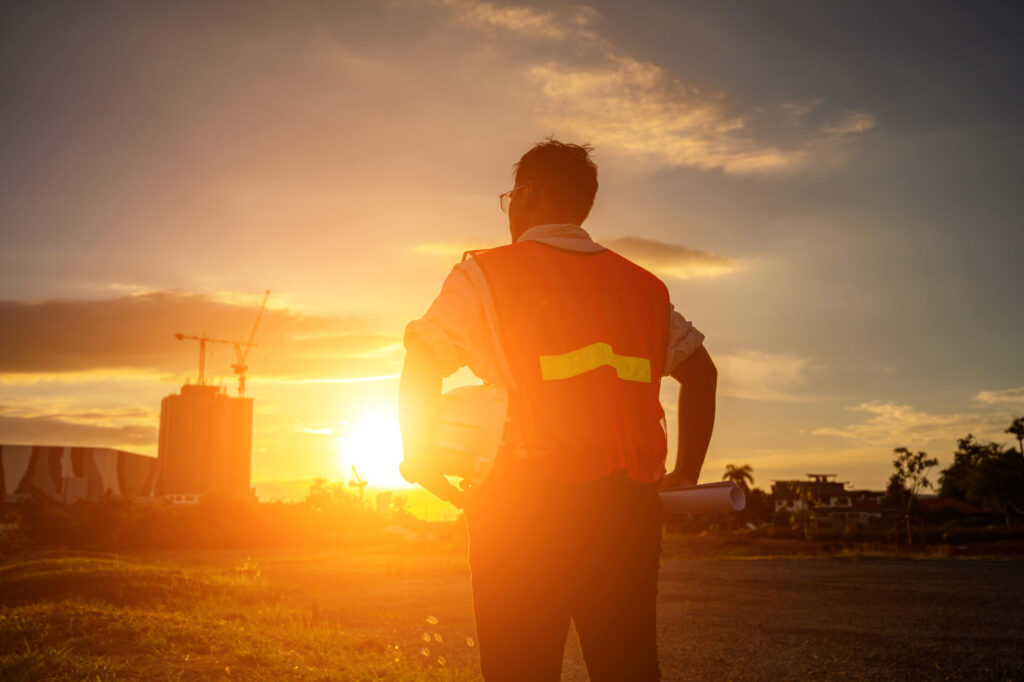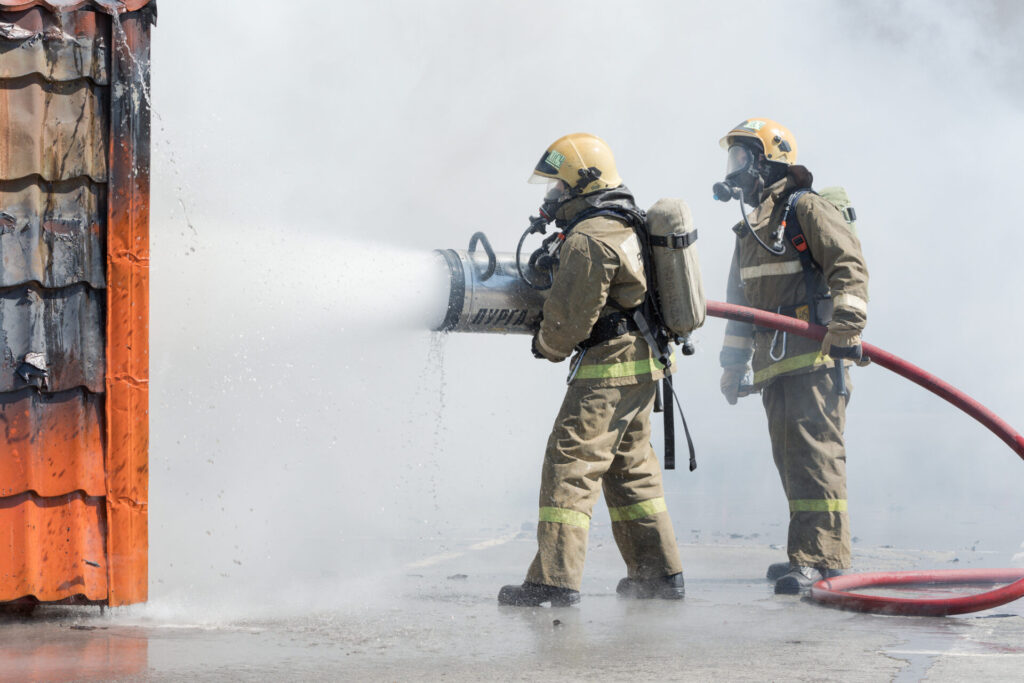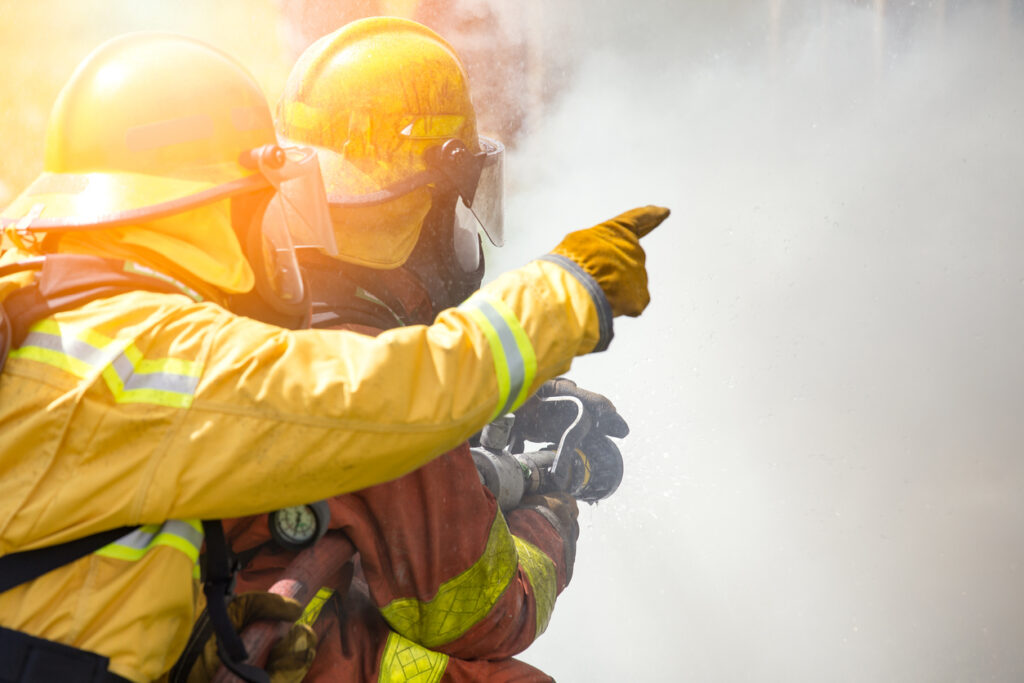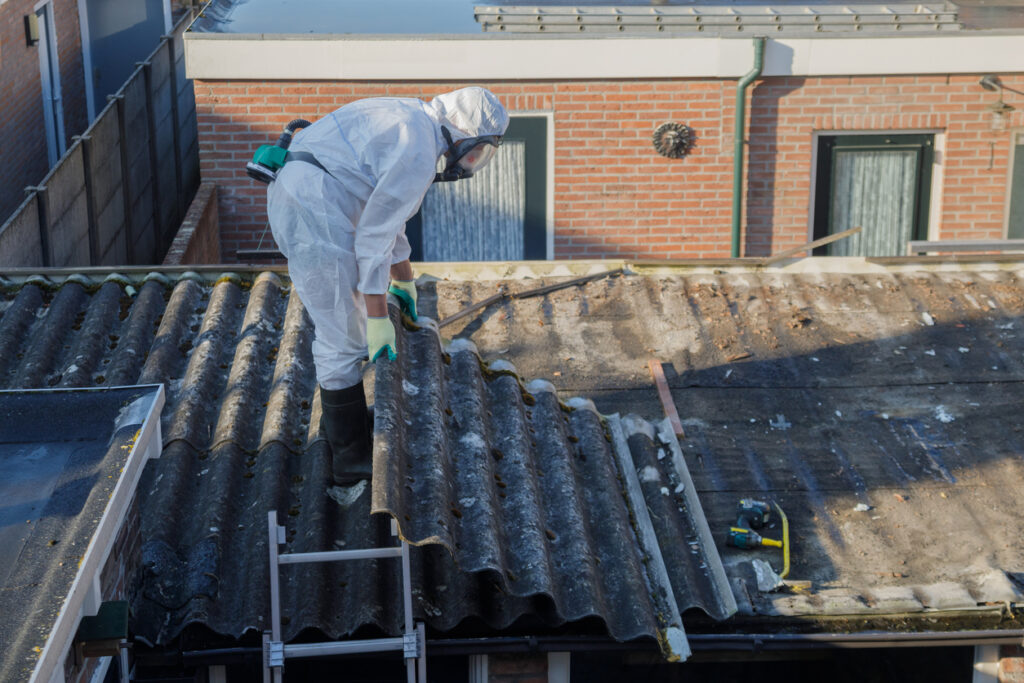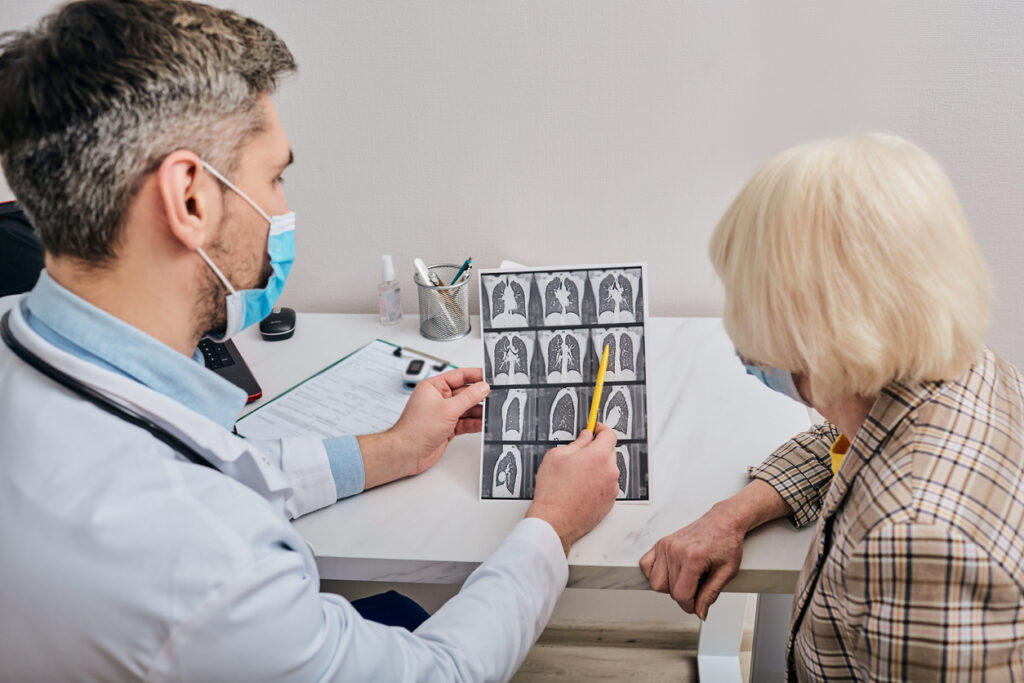June is National Bowel Cancer Awareness Month, a crucial time to raise awareness of Australia’s second-deadliest cancer, and its often-overlooked link to workplace exposure. While genetics, age, and diet are well-known risk factors, emerging research has revealed that your job could …
Blog
-

Victoria Posted onBowel Cancer Awareness Month: Is Your Job Increasing Your Risk?
-

Victoria Posted onCould Your Melanoma Be Work-Related? Understanding Occupational Risks
Melanoma March: A Timely Reminder Every March, Australians come together for Melanoma March, an initiative led by the Melanoma Institute of Australia (MIA). Running from March 1st to March 30th, this event raises awareness and funds for life-saving melanoma research. Given …
-

Victoria Posted onForever Chemicals, Lasting Risks: The Occupational Dangers of PFAS
PFAS, the subject of the movie ‘Dark Waters’ and recently released documentary ‘How to Poison a Planet Revealed’ are a group or ‘family’ of over 15,000 man-made chemicals that are not readily bio-degradable, widespread with numerous avenues for exposure and are toxic to environments and animals including humans.
PFAS repeal heat, water, oil, and grease; properties which caused them to become a common ingredient in a large range of products and industries over the years. They were initially used for non-stick and waterproof coatings such as Teflon.
-

Victoria Posted onWorld Cancer Day 2025: Understanding Occupational Cancers
Cancer affects over a million Australians, with 3 in 10 deaths attributable to cancer and an estimated 5000 new cases of work-related cancer annually. World Cancer Day, on February 4th, serves as a reminder of the importance of early detection and …
-

Victoria Posted onWhat is the Link between the Beauty Industry and Occupational Disease?
What is the Link between the Beauty Industry and Disease? Workers in the beauty industry are vulnerable to several health risks due to the presence of toxic substances like volatile organic compounds (VOCs). These substances, including aromatics, ketones, esters, and ammonium …
-

Victoria Posted onCompensation for Firefighter with Parkinson’s Disease
Recently Zaparas Lawyers successfully assisted a retired firefighter to obtain WorkCover compensation including medical and like services and a period of weekly payments in relation to his Parkinson’s Disease. Our client, Joe*, a 79-year-old retired firefighter that had been employed by …
-

Victoria Posted onNational Lung Cancer Screening Program 2025
Lung cancer remains a significant health concern in Australia, being the fifth most common cancer and the leading cause of cancer-related deaths. Recognizing the critical importance of early detection, the Australian Government is set to launch the National Lung Cancer Screening …
-

Victoria Posted onAsbestos Awareness Month 2024
Asbestos Awareness Month 2024 serves as a vital reminder of the persisting hidden dangers of asbestos exposure in the current Australian landscape. According to Australia’s Asbestos Safety and Eradication Agency, 4,000 Australians die from asbestos-related diseases each year, and approximately 6 …
-

Victoria Posted onNational Skin Cancer Action Week: Staying Safe in the Australian Sun
National Skin Cancer Action Week (17-23 November) is a reminder of the well-known dangers of skin cancer. Termed the ‘national cancer’, Australia holds the highest rate of skin cancer in the world. Although skin cancer is largely preventable, two out of …
-

Victoria Posted onLung Cancer Awareness 2024: The Occupational Link
Each November, we observe Lung Cancer Awareness Month, an opportunity to shed light on one of the most common and deadly cancers affecting 2.5 million people worldwide. This month is dedicated to raising awareness of the environmental and occupational risk factors …
-

Victoria Posted onBreast Cancer Awareness Month 2024
October 1st marks the beginning of Breast Cancer Awareness Month. With as many as 21,000 Australian women expected to be diagnosed with breast cancer in 2024, raising awareness around the condition and its risk factors is essential. Breast cancer is among …
-

Victoria Posted onMesothelioma Awareness Day 2024
This Thursday September 26th, as we observe Mesothelioma Awareness Day, it is important to reflect on the impact of this rare but aggressive cancer, as well as the ongoing efforts to improve awareness, prevention, and treatment. The primary risk factor for …


